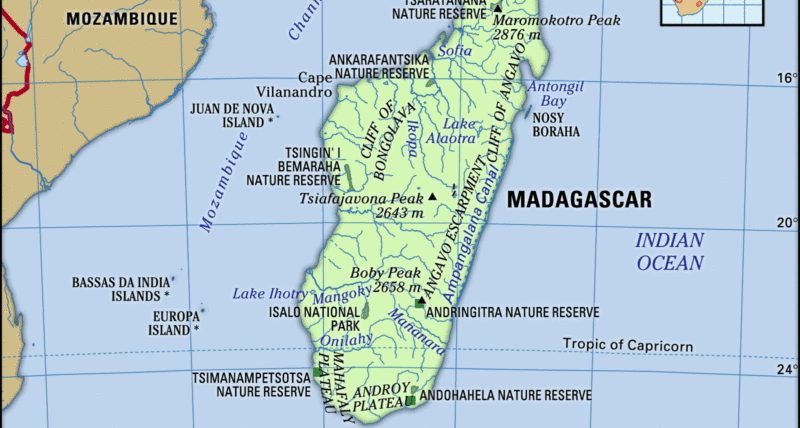Internationally renowned oceanographer, founder of the European Institute of the Sea at the tip of Brittany, Paul Tréguer from Brest continues his research activities at the age of 82. In “Jules Verne, Planet Ocean”, a new book in his image, this “scientific lover of the sea” revisits, with his enlightened gaze, the marine universe of the famous Nantes writer.
To the question “Are you optimistic, Paul Tréguer?” » the oceanographer specializing in the impact of global change answers “Yes”. Dashing, in a sailor sweater, at 82 years old, pointed beard and round glasses, eyes shining as much with humor as with intelligence, Paul Tréguer, this learned lover of the sea, trusts young people, whom he calls « the forces of hope.
These young people with whom he has constantly surrounded himself since he founded the European Institute of the Sea (IUEM) in 1997 in Brest, where he continues to lead a research group. He who promoted the development of marine sciences on a national, European and international scale, is now professor emeritus at the University of Western Brittany, UBO, ranked, not by chance, among the best universities in the world. in oceanography.
“We give young people tools to repair the planet”
“Young people will know how to get away from fossil fuels, invent clean technologies, get political and economic actors to change course and establish a more sober society,” maintains Paul Tréguer, who defines himself as a “self-made man in oceanography”.
Really ? “We have damaged our planet but we are giving them the tools to repair it. » But how ? “By capturing, for example, the CO2 released into the atmosphere by thermal power plants to bury it in the deep sedimentary deposits of the ocean.”
The ocean, which occupies 70% of the surface of the planet, is where the clairvoyant mind of this ultra-competent Brestois surfs on subjects that ordinary mortals barely touch on.
“The role of the ocean is essential in exchanges with the atmosphere. It absorbs and stores 90% of the excess heat generated by greenhouse gases,” he explains: “If there were no ocean, global warming would be much more critical….




